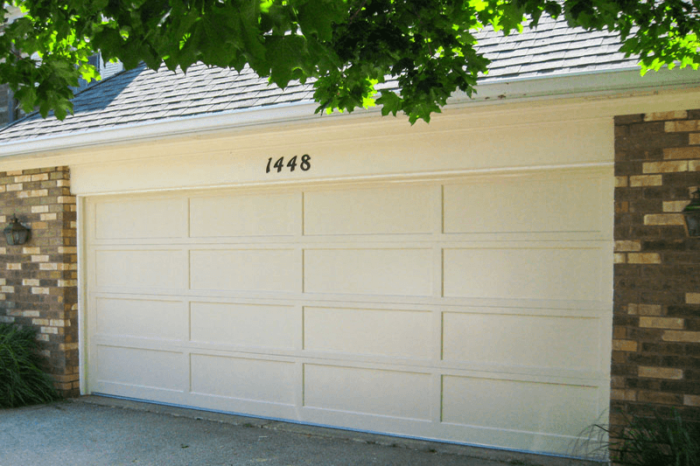Leaving your attic Garage Door Repair Plano TX open in the garage can have both benefits and drawbacks, depending on various factors such as climate, insulation, and usage of the space.

Here’s a detailed explanation of the pros and cons to help you make an informed decision:
Benefits of Leaving the Attic Door Open in the Garage:
- Ventilation: If your attic space lacks proper ventilation, leaving the attic door open in the garage can allow air circulation. This can help prevent excess moisture buildup that could lead to mold or mildew growth.
- Temperature Regulation: In some climates, leaving the attic door open can help regulate the temperature in the attic space. During warmer months, it can prevent excessive heat buildup that could affect the insulation and the overall condition of the attic.
- Access to Storage: If your attic is used for storage, leaving the door open provides convenient access to stored items without needing to open the attic hatch every time.
- Reduced Moisture: If your attic has high humidity levels, leaving the attic door open in the garage can allow any excess moisture to dissipate, reducing the risk of condensation-related issues.
- Prevention of Odors: If your attic space occasionally has unpleasant odors due to lack of ventilation or stored items, leaving the door open can help prevent the buildup of odors.
Drawbacks of Leaving the Attic Door Open in the Garage:
- Energy Efficiency: Leaving the attic door open can affect the energy efficiency of your home, especially if the attic is not properly insulated. Heat or cool air from your living spaces could escape into the garage and then into the attic, causing temperature imbalances and increasing energy consumption.
- Air Quality: If your garage contains items that emit fumes or odors, leaving the attic door open could allow these odors to enter the attic and potentially affect the air quality.
- Insulation Efficiency: If your attic is insulated and leaving the door open exposes the insulation to unregulated temperatures, it could reduce the effectiveness of the insulation over time.
- Security: Leaving the attic door open in the garage might pose a security risk if your garage is accessible from outside. An open attic door could provide an entry point for unwanted guests or potential intruders.
- Pest Entry: An open attic door can also invite pests, insects, and rodents into your attic space, especially if your garage is not properly sealed against pests.
Considerations for Leaving the Attic Door Open:
- Climate: The decision to leave the attic door open might depend on your climate. In colder climates, leaving the door open could result in heat loss, while in warmer climates, it could help with ventilation and temperature regulation.
- Insulation: If your attic is properly insulated and sealed, leaving the door open might not significantly affect the energy efficiency of your home. However, if your attic lacks insulation, you might want to keep the door closed to prevent heat transfer.
- Usage: Consider how frequently you access the attic space. If you use the attic for storage and need regular access, leaving the door open might be more convenient.
- Security and Pests: Assess the security of your garage and the risk of pests. If you’re concerned about security or pests, keeping the door closed could be the better option.
Conclusion:
Leaving the attic Garage Door Repair Plano TX open in the garage is a decision that depends on your specific circumstances. While it can offer benefits such as ventilation and easy access to storage, it’s important to weigh these advantages against potential drawbacks like energy inefficiency and security concerns. Consider your climate, insulation, usage of the attic space, and overall home security when deciding whether to leave the attic door open or closed in the garage. If you’re unsure, consulting with a home improvement professional or energy expert can provide valuable insights tailored to your situation.
Plano Overhead & Garage Doors
Plano TX, United States
817-242-5042
